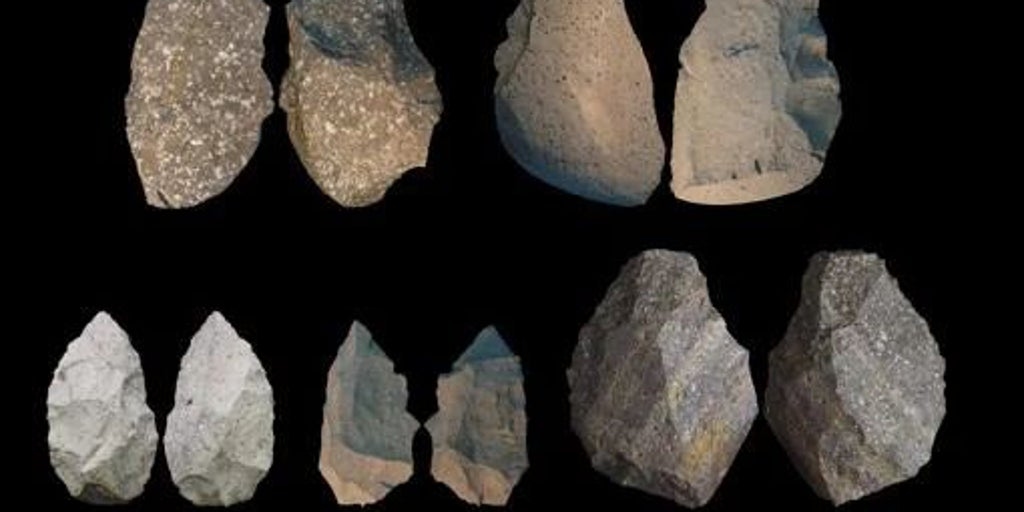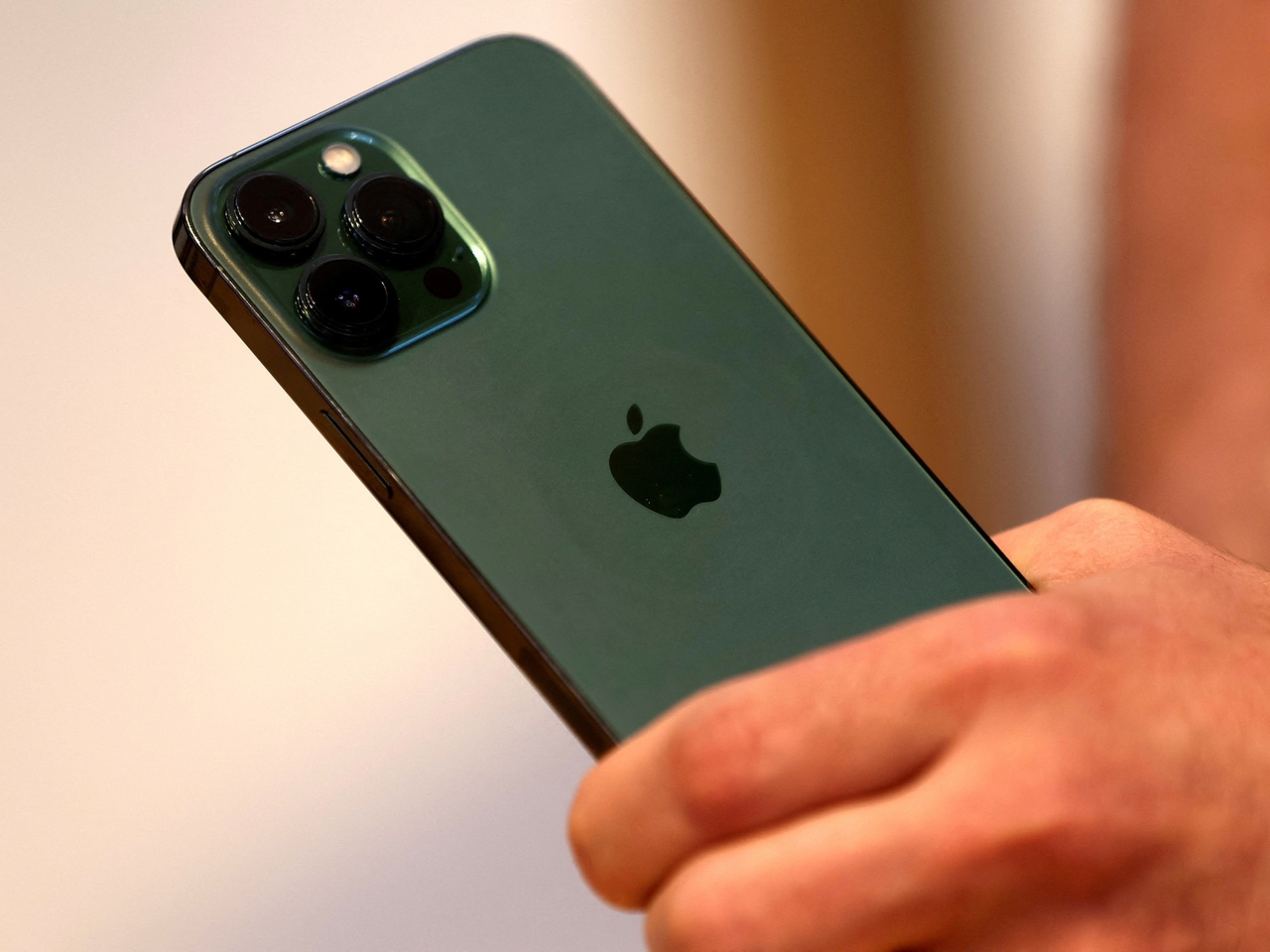The richest 1% captured 41% of the wealth created since 2000; the poorest 50% only 1%.

The world is experiencing an “inequality emergency.” That is the main warning of the first report on inequality commissioned by the G-20 presidency. The study, presented this Tuesday, provides new figures that illustrate the scope of this problem and proposes the creation of an independent international panel on inequality to guide public policy.
“We feel that today there is a crisis of inequality, with many dimensions, not only economic, but also democratic,” explains American economist and Nobel laureate Joseph Stiglitz , president of the committee of six experts who prepared the report and who describes the current moment, with a high concentration of wealth by the most privileged, as a “turning point,” in a telephone interview.
The study, prepared by the Extraordinary Committee of Independent Experts on Global Inequality and commissioned by South African President Cyril Ramaphosa during South Africa's G-20 presidency, reveals that between 2000 and 2024, the world's richest 1% captured 41% of all new wealth, while only 1% went to the poorest 50%, according to calculations based on data from the World Inequality Lab. “The economic system we have today is not providing well-being, dignity, or public policies for the majority of the world's population,” explains Adriana E. Abdenur, a Brazilian social scientist, co-founder of Plataforma CIPÓ , and one of the report's authors, in a video call interview.
“This requires a strong response if we don’t want to enter a vicious cycle in which, once there is too much inequality, the rich set the rules of the game to help them preserve their wealth. It will be very difficult to get out of that,” Stiglitz adds.
Income and wealth inequality translates into inequalities in health, access to justice, and opportunities
Joseph Stiglitz, American economist and Nobel Prize winner in Economics
Furthermore, the wealthiest 1% saw their wealth increase by an average of $1.3 million (approximately €1.12 million) since 2000, compared to an average of $585 (approximately €508) for the poorest half of the planet. “In other words, it’s no wonder that so many people around the world feel that their standard of living has stagnated and that life is becoming increasingly unaffordable. This is closely linked to the dramatic concentration of wealth in the top 1% of the pyramid,” Abdenur points out. “Income and wealth inequality translates into inequalities in health , access to justice, and opportunities,” Stiglitz emphasizes.
Eighty-three percent of countries, representing 90% of the world's population, meet the World Bank's definition of high inequality. While inequality between individuals globally has decreased slightly thanks to income growth in some countries like China, internal inequality has skyrocketed. Furthermore, the overall income gap between the Global North and South remains very large.
The committee, chaired by the Nobel laureate in Economics, based its findings on consultations with some 80 leading economists and specialists in inequality, whose conclusions paint a grim picture. Today, the wealth of billionaires is equivalent to 16% of global GDP, reaching its highest level ever. In contrast, 25% of the world's population, the equivalent of 2.3 billion people, faces moderate or severe food insecurity; that is, one in four people is forced to regularly skip meals. This represents an increase of 335 million since 2019.
This increased inequality is clearly linked to democratic erosion. “We are succeeding in some areas and failing in others, such as the accumulation of wealth at the top, which is particularly dangerous for the functioning of our democracy,” Stiglitz points out.
According to the study, countries with high inequality are seven times more likely to experience democratic decline than more equitable ones. “This was one of the key conclusions of our analysis: extreme wealth, like what we currently see in the world, is not just a means to access a more comfortable lifestyle. Economic inequalities tend to translate into political inequalities, for example, in access to justice or in the ability to have a voice in political processes,” Abdenur explains.
“This problem is exacerbated by the emergence of large technology platforms, which have placed control of social media—which are, so to speak, the public square of the 21st century—in the hands of a few billionaires,” he adds. “[Tech companies],” Stiglitz explains, “not only affect politics in the usual way, through influencing or funding campaigns and politicians, but also indirectly, by controlling the media, including social networks. That is very important, because algorithms determine what people see, and that [in turn] determines how they see the world,” he adds.
“In my country, Brazil, we see that the lack of regulation of large technology platforms is allowing a concentration of wealth that undermines our democratic process. But it's not just in Brazil. This is happening in both rich and developing countries,” Abdenur emphasizes.
Wealth inequality is not a momentary crisis; it's an intergenerational problem. And if we don't address it now, we'll see the situation worsen in the coming decades.
Adriana E. Abdenur, Brazilian social scientist and co-founder of Plataforma CIPÓ
Furthermore, recent data on the rise of inherited wealth shows that $70 trillion will be transferred to heirs over the next 10 years. “This is a major challenge to social mobility, equity, and equal opportunity. Once again, wealth inequality is not a momentary crisis; it is an intergenerational problem. And if we don’t address it now, we will see the situation worsen in the coming decades,” warns the report’s co-author. “Inequality is a betrayal of human dignity, an impediment to inclusive growth, and a threat to democracy itself. Addressing it is an unavoidable generational challenge,” Ramaphosa stated in a press release.
Experts propose action in three areas to combat inequality. At the international level, they call for reforming global economic rules, from intellectual property regulations (especially on issues such as pandemics and climate change) to rewriting tax rules to ensure fairer taxation of multinational corporations and the very wealthy .
At the national level, they call for promoting pro-worker regulations, reducing corporate concentration, taxing large capital gains, investing in public services, and adopting more progressive tax policies. Finally, they advocate for new models of cooperation between countries on fiscal, trade, and green transition matters.
A panel of expertsOne of the Committee's main conclusions, Stiglitz explains, is that there was a “lack of analysis, data, and monitoring of both short- and long-term trends, as well as a lack of identification of the factors driving inequality and proposals for policy measures that could address it.” “There is an inequality crisis, and to combat it, we need a more solid foundation for understanding it,” he adds.
Therefore, they recommend, as a “priority” request to the G-20, the creation of an International Panel on Inequality (IPI), modeled after the Intergovernmental Panel on Climate Change (IPCC). “We believe that something similar [to the IPCC] is needed for this inequality emergency, one that brings together technical expertise not only to assess the evidence, but also to help gather better and more comprehensive data,” Abdenur explains.
South African professor Imraan Valodia , from the University of Witwatersrand (WITS) and co-author of the report, concurred in a statement: “Many estimates appear to have seriously underestimated its magnitude. Without proper scrutiny, inequality has spiraled out of control, and it is time to address it.”
“We need a permanent forum for independent experts to assess the evidence and propose ideas that will help countries combat inequality,” Abdenur continues. “It’s not just an academic exercise. It’s useful for policymakers, civil society, the private sector, academia, and the media,” she adds. Because, for the expert, “understanding inequality is a technical matter; addressing it is a political choice.”
EL PAÍS





